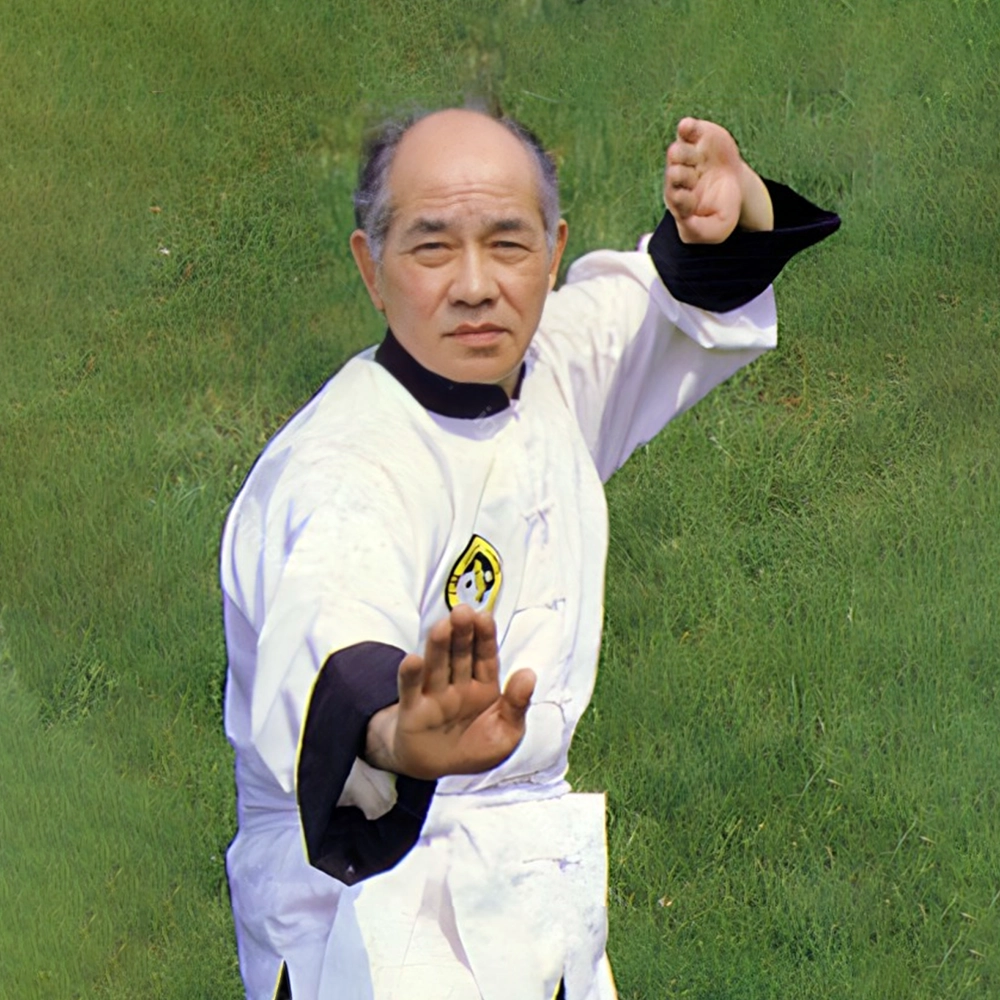
Welcome to Our Daily Tai Chi and Qigong Training
Are you looking to enhance your physical well-being, mental acuity, and overall sense of vitality? If so, you’ve come to the right place. Our daily Tai Chi and Qigong training is your gateway to a healthier and more harmonious life. Whether you’re a beginner or have some experience, our online lessons are designed to cater to your needs and take you on a journey of transformation.
Embrace the Power of Daily Practice
Daily practice has the remarkable ability to infuse your life with energy and balance. It’s not just about a one-time experience; it’s about a gradual, daily transformation that uplifts your well-being. As you join our community of practitioners, you’ll embark on a journey where every day is an opportunity to feel more vibrant and alive.
The Essence of Tai Chi and Qigong
Tai Chi and Qigong are ancient practices that have been passed down through generations. They offer a holistic approach to well-being by focusing on the body, mind, and spirit. The gentle movements, deep breathing, and meditative aspects of these practices work in harmony to unlock your body’s hidden potential.
Discover Your Daily Options
We understand that everyone’s needs and schedules are different. That’s why we offer a variety of online lessons to suit your preferences:
1. Beginner Level I and II Video Playlists
If you’re new to Tai Chi and Qigong, our Beginner Level I and II video playlists provide the perfect starting point. You’ll explore the foundational movements and breathing techniques that make these practices so effective.
2. Video Options to Suit Your Preferences
We provide a range of video options to ensure a seamless and enjoyable learning experience:
– 4K 360° Videos
Step into an immersive world with our 4K 360° videos. These videos allow you to explore your surroundings from different angles, enhancing your practice.
– HD Videos
For those with limited bandwidth, our HD videos offer clear and high-quality content without compromising your internet connection.
– Short 30-Minute Playlists
We understand that time can be a constraint. Our 30-minute playlists are designed for those with busy schedules, offering quick and effective sessions to give you an energy boost.
3. Longer Playlists Include:
For those who prefer more extensive practice sessions, we have 45 and 60-minute options. These longer sessions offer a comprehensive experience and include the following elements:
– Warming Up
Begin your practice by preparing your body for the exercises ahead. Our warm-up routines help you loosen up and get ready to flow with energy.
– Daoyin Deep Breathing
The Daoyin deep breathing exercise is essential for awakening your primary energy center, known as the Dantian, located in the lower abdomen. Feel your energy start to flow and invigorate you.
– Kai Men Qigong
Kai Men, also known as “opening the door,” is a pivotal step in your practice. It activates the meridians, allowing energy to flow freely throughout your body.
– Tai Chi Dance Loops (1-10 and 1-20 Moves)
Experience the graceful movements of Tai Chi dance loops. These sequences enhance your balance, focus, and energy flow.
– Tai Chi Form (First 3 and 6 Sequence Loops)
Delve into the meditative aspects of Tai Chi with our form sequences. This is where you’ll find tranquility and inner harmony.
– Five Lotus Blossoms Qi Cutoff Exercise
Conclude your practice with the Five Lotus Blossoms exercise, returning your awakened energy to the center for future use.
Subscribe to Our YouTube Channel

Stay up-to-date with our latest uploads by subscribing to our YouTube channel. Join our community of practitioners and embark on a journey of self-discovery and inner balance. Subscribing ensures you’ll never miss a session and provides access to a wealth of information and insights.
Awakening Your Qi with Tai Chi and Qigong
Much like the Lotus flower opens with the rising of the sun, your daily energy can awaken through our transformative Qigong and Tai Chi program. Your Qi flows most harmoniously when your body is relaxed. That’s why our program begins with a focus on loosening up, allowing your energy to flow freely. Here’s what to expect:
Starting with Relaxation
The key to enhancing your Qi is to begin with relaxation. Our practice begins with exercises designed to loosen up your body and create a sense of calm.
Daoyin Deep Breathing
The next step is the Daoyin deep breathing exercise. This practice helps awaken your primary energy center, known as the Dantian, located in the lower abdomen. It’s the source of your vital energy.
Kai Men Qigong: Opening the Channels
Kai Men, also known as “opening the door,” plays a crucial role in your practice. It activates the body’s meridians, allowing your energy to flow freely through the channels.
Tai Chi Dance: Flowing Movement
We guide you through the graceful movements of the Tai Chi dance, also known as Tiaowu. This flowing movement form allows you to connect with your energy and balance your body and mind.
Meditative Tai Chi Form
As you progress, you’ll delve into the meditative Tai Chi form. It’s a peaceful and introspective segment of our practice that deepens your connection with your inner self.
Returning Energy to the Center
Our practice concludes with the Five Lotus Blossoms Qi cutoff exercise, returning your awakened energy to the center. It’s here that your energy is stored, ready for use whenever you need it.
Build Your Qi Daily with Tai Chi and Qigong
Are you ready to unlock your hidden potential and embark on a transformative journey? Our Tai Chi and Qigong exercises hold the key to enhancing your physical flexibility, stamina, mental acuity, and overall well-being. With daily practice, you’ll experience a remarkable transformation:
A Vibrant Daily Routine
Imagine a daily routine that not only enhances your physical well-being but also elevates your mental and emotional state. The practice of Tai Chi and Qigong introduces a new vibrancy to your life.
Day-to-Day Transformation
As you embark on this journey, you’ll notice immediate benefits. Your awareness sharpens, and you’ll experience an energizing flow throughout your body. This newfound energy enhances your day-to-day life.
Sustained Energy Levels
The magic of our Tai Chi and Qigong practice is its ability to provide you with sustained energy. With consistent daily practice, you’ll feel your energy levels grow day by day.
Control Over Your Energy
Tai Chi and Qigong empower you with control over your energy. You’ll have it at your disposal when needed and safely stored when it’s not required.
The Essence of Taoist Energy Training
The practices we offer draw from the ancient wisdom of Taoist energy training methods. These methods are designed to help you unlock your true potential and achieve a state of balance and harmony.
Start Your Transformation Today
The path to a vibrant and energetic life is within your reach. Don’t wait any longer. Begin your journey of transformation with our Tai Chi and Qigong exercises today and take your life to the next level.
Unleash your potential and experience the daily awakening of your Qi with us. Our YouTube playlists are your gateway to a life filled with vitality and harmony.



